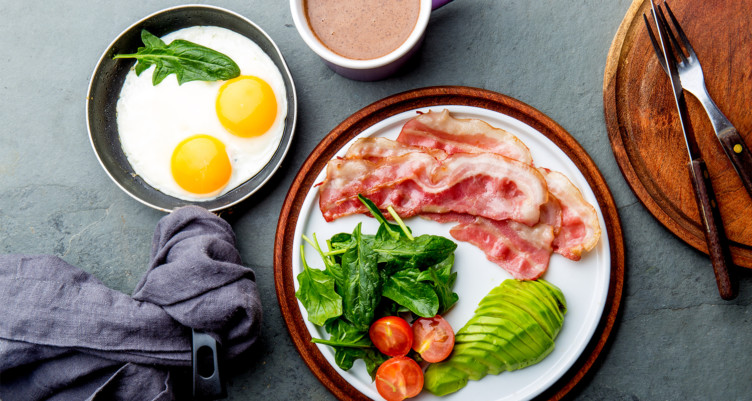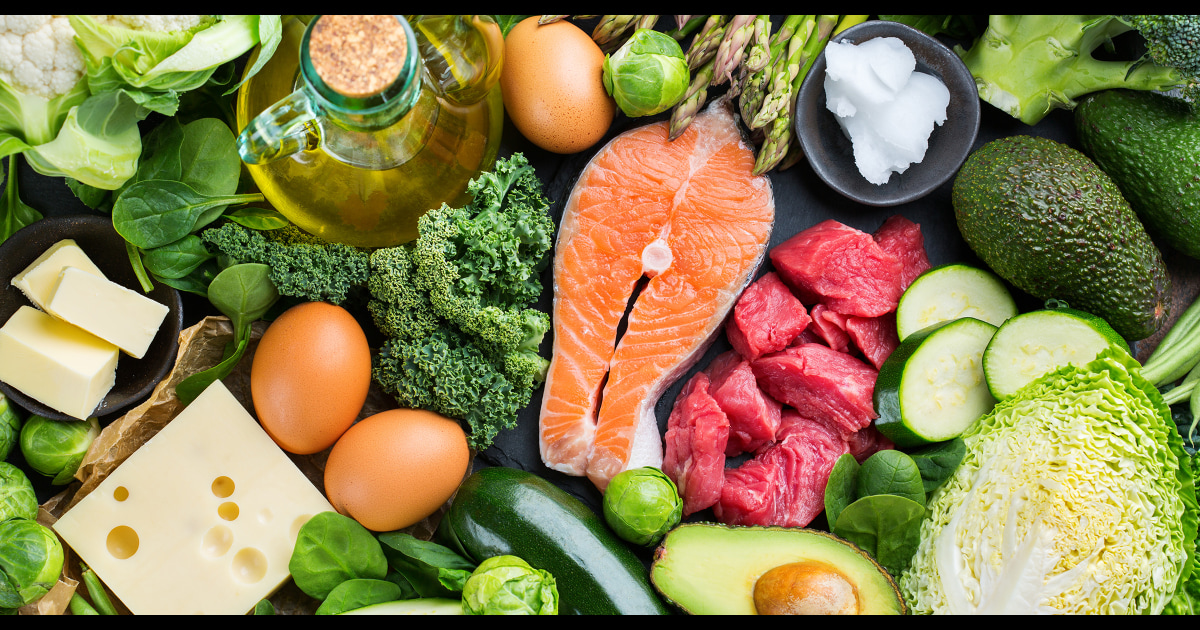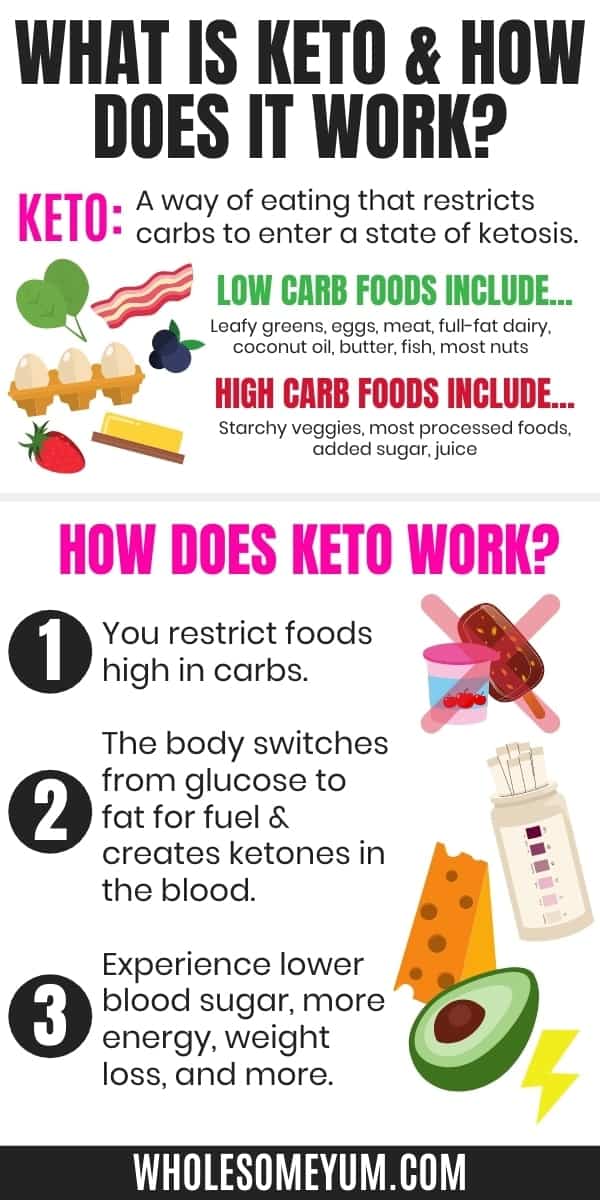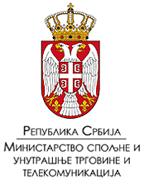The ketogenic diet (also known as the "keto" diet) is a low-fat, high-carbohydrate diet that is popular as a weight-loss strategy. The keto diet seeks to get the body into ketosis. It's a metabolic state in which the body burns fat for energy, rather than making use of carbohydrates. When the body starts to use stored fat as energysources, it could lead to weight loss. The keto diet includes an intake of healthy fats that is high and moderate protein intake, and little or no carbohydrate. The macronutrient ratios mentioned above can help people shed weight and improve overall health.
Here Are Some Helpful Tips To Lose Fat Using The Ketogenic Diet:
1. Follow the macronutrients. The keto diet typically consists of between 70-80% fat and 10-20% protein. It also contains 5-10% of carbs. To keep ketosis in check it is essential to adhere to these ratios. Have a look at this keto diet vs low carb for examples.

2. Make sure you choose healthy fats
Not all fats can be thought of as equal. It is important that you pick healthy fats such as avocado, olive oils, seeds and nuts grass-fed butter and grass-fed butter over unhealthy fats like processed vegetable oil and fried food items.
3. Make sure you eat plenty of non-starchy vegetables
Non-starchy veggies like broccoli, spinach and the kale have low carbs and high fiber. This is why they are an essential part of the keto diet. These vegetables are healthy for your health and may supply essential nutrients.
4. Monitor your protein intake
It is crucial to consume protein however, but not excessively. It is possible to escape ketosis through eating excessive amounts of protein. The body converts excess protein to glucose.
5. Hydration is key
Hydration is a must for any diet. It is even more essential when you are on the keto diet. Water can assist you to keep away from the "ketoflu," which can be a symptom of a specific type that people suffer from during a transition to the diet. Consume at least eight 8-ounce glasses of water each day. Check out this keto diet 10 day challenge for more.

6. Be sure to take in enough electrolytes
The keto diet may result in imbalances in electrolytes, since it causes the body to excrete more electrolytes via urine. Make sure you include electrolytes like magnesium and potassium in your diet in order to prevent this.
7. Carbohydrates cannot be avoided.
Although the keto diet is low-carb, it does not mean that you should eat zero carbs. Certain non-starchy vegetables such as tomatoes and avocados contain small amounts of. You can include these foods in your daily diet, provided you keep within the recommended levels of carbohydrates.
8. Sleep is important.
It is vital to get enough sleep for your overall health, and it can help you shed weight. It is recommended to get at least 7 to 9 hours of sleep each night. See this keto diet fruit for recommendations.

9. Don't stress
Cortisol can cause weight gain in the event of stress. To ensure a healthy weight, it is important to manage stress.
10. Support system
Support groups can help you get to the point of starting a new diet. Think about joining a keto-specific supportive group, or having a registered dietetician or nutritionist who can assist you to navigate the diet and make the right decisions. In the end, the most important thing to do for losing fat on the ketogenic diet is to concentrate on healthy fats, vegetables that are not starchy as well as moderate amounts of protein, while keeping carbohydrate intake low. It is equally important to drink enough water, take enough electrolytes, and reduce stress in order to maintain the weight you are at. These tips, along with the assistance of a healthcare professional can help you shed weight the ketogenic diet.



